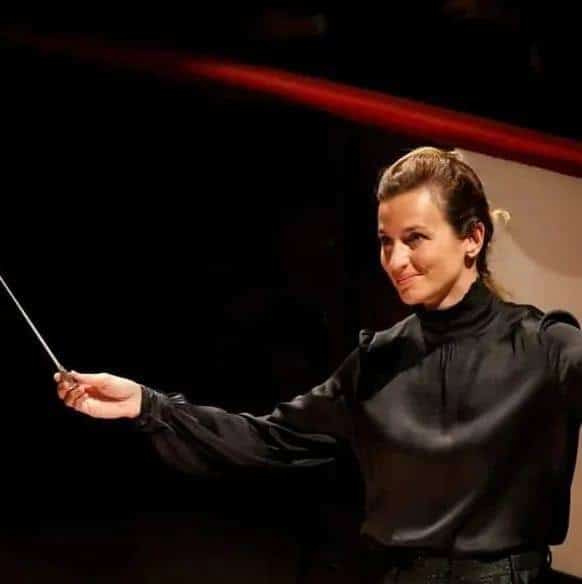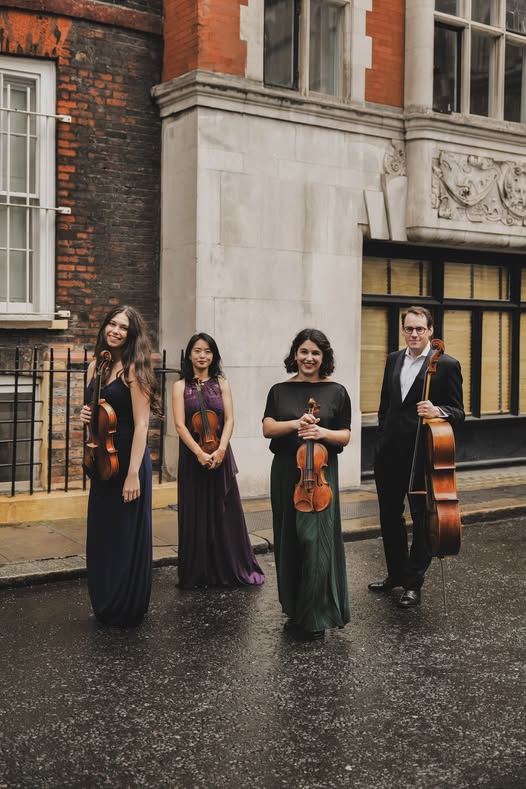Learn to play the Lang Lang way
mainOne of the busiest events on London’s South Bank Centre next year will be a 10-day residency by the Chinese pianist in May 2011 in which children from all over the country are summoned to play.
‘We’ve inspired 40 million kids to play the piano in China,’ Lang Lang is quoted as saying, ‘now let’s get started here’. The plan is to wheel in an army of keyboard instruments for any young person to tinkle, climaxing in a massed finale when Lang Lang’s chosen talents get to make their Royal Festival Hall debut.
This is a nicely timed extension of last year’s placement of old pianos on London street corners, a return of the old joanna to the alleys of Bermondsey. But it is also a shrewd advancement of the Lang Lang brand, not just as big-buck international superstar but as an educator and role model to a rising generation that is running low on heroes.
Unlike sportsmen and rock stars, Lang Lang is untouched by sleaze and drugs. What you see is what you get – a vibrant young player who makes the piano sound the way he wants. There may be some backstage chicanery – like the pre-recorded track that he mimed to at the Beijing Olympics opening ceremony – but there is no mistaking the urgency of his music making, or his desire to share it with as many people as possible.
Whether by chance or divine irony, the climax of the Lang Lang extravaganza will coincide on the South Bank with the culmination of another residency – by Maurizio Pollini, a pianist who is Lang Lang’s opposite in almost every respect. Introspective where Lang Lang is extravert, awkward and inhibited on stage, the Italian projects an altogether antipodal form of intensity, an inward contemplation that reminds one more of prayer than player.
The contrast promises to be one of the most extreme dichotomies of piano playing since Mozart took on Clementi and had to settle for a split result.





Comments